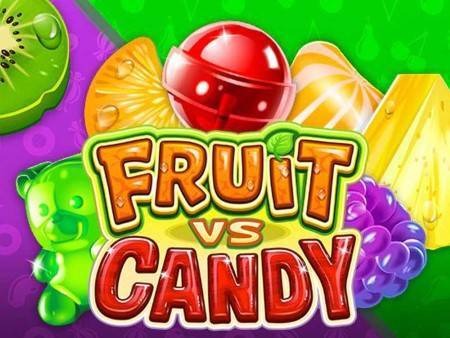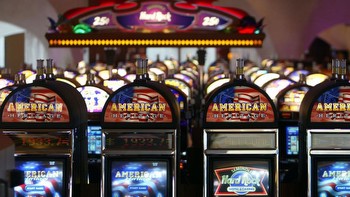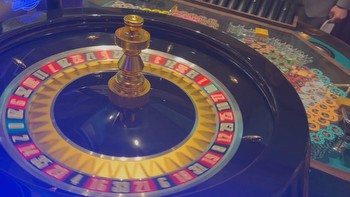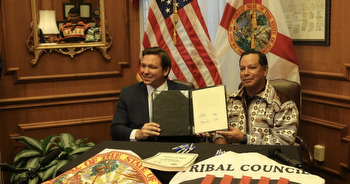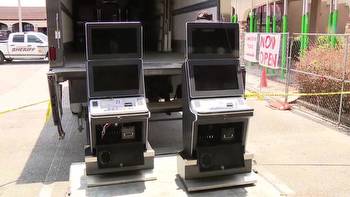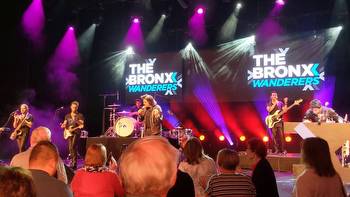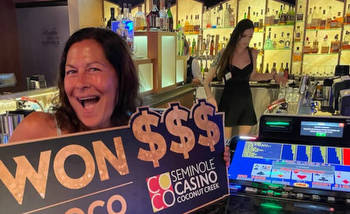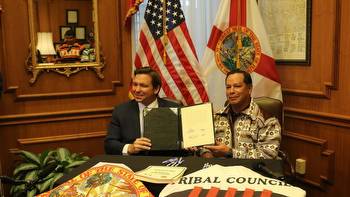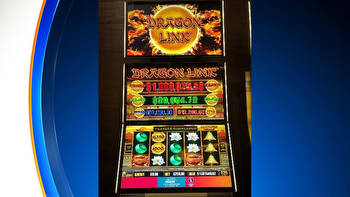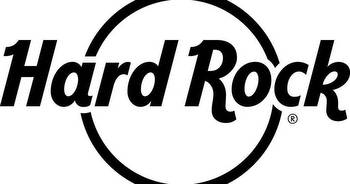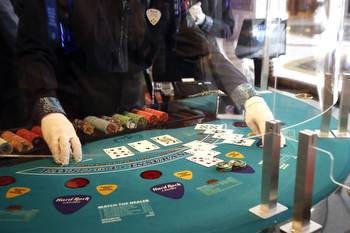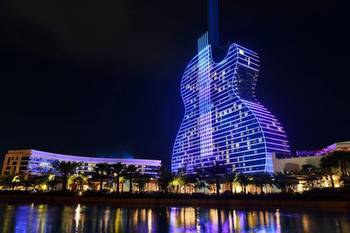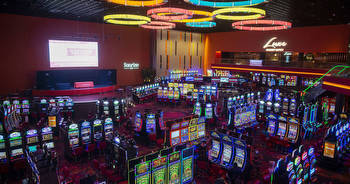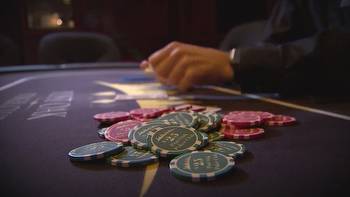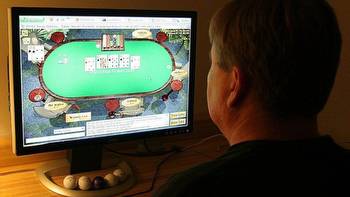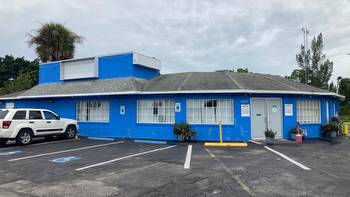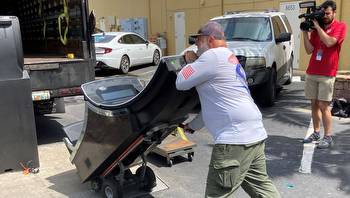Who gets gambling windfall in Broward?

Davie is poised to hit a jackpot under a new gambling agreement that will be considered next week, upping the portion of revenue it receives from the Seminole Tribe of Florida.
Meanwhile, Hollywood is set to see its share decline, walking away from the table a loser.
Millions of dollars are on the table in sweeping gambling legislation that will divvy up the Seminole Tribe’s gambling payments for the next 30 years.
The Florida Legislature will hammer out those details in a special session that starts Monday.
Legislation filed Friday in the Senate would change how money is divided among local governments in Broward County affected by the Seminole Tribe’s casinos on its Hollywood reservation.
That land is home to two casinos, including the Seminole Hard Rock Casino, and a towering guitar-shaped hotel. Up to three more casinos could be built on the Hollywood reservation under the gambling agreement signed by the tribe and Gov. Ron DeSantis.
- Hollywood would see its share of the revenue fall from 55% to 35%.
- Davie would see its share increase from 10% to 30%.
- Broward County would continue to receive 25%.
- Dania Beach would continue to receive the remaining 10%.
State Rep. Mike Gottlieb, D-Davie, said the increased share for Davie is justified because the city responds to many of the emergency calls for traffic wrecks and other incidents related to the casinos.
“All roads to the Seminole Hard Rock lead through Davie,” he said. “Davie deserves a larger share because they provide the necessary services to help the hard rock succeed.”
But changing the funding balance could set off fighting among competing interests, said state Rep. Evan Jenne, D-Dania Beach.
“This is what happens $2.5 billion are on the table over the first five years of this deal,” he said. “People who are friends are going to start fighting because there is so much money at stake for these municipalities.”
The state doesn’t have specific estimates of exactly how much money the gambling deal will mean for Broward County cities, but it’s likely to be a hefty sum.
The deal is expected to generate at least $2.5 billion over the first five years for the state, with about $75 million going to cities and counties that are affected by tribal casinos.
The Seminole Tribe makes those payments to the state in exchange for gambling exclusivity, and cities and counties that are home to or near tribal casinos get a cut.
The Seminole Tribe is emerging a big winner from the deal. It would control legal sports betting in Florida and get to offer craps and roulette in its casinos.
Under an existing revenue-sharing agreement, Broward County and the cities of Coconut Creek, Coral Springs, Margate, Parkland, Hollywood, Davie and Dania Beach received a combined $3.5 million during the 2019-20 fiscal year, according to legislative records.
The Power Lunch - Florida Politics Newsletter
Twice-weekly
A lunch-hour look at what's trending in Florida politics.
The revenue share breakdown for the Seminole Tribe’s casino in Coconut Creek would stay the same.
Under state law, Broward County gets 22.5%, Coconut Creek 55%, Coral Springs 12%, Margate 8.5%, and Parkland 2%.
The legislation was also filed that would likely mean the end of harness horse racing at Pompano Park. That measure would allow Isle Casino Racing Pompano Park to end live racing at the state’s only harness track, while continuing to operate slot machines.
State Rep. Dan Daley, D-Coral Springs, vowed to fight to protect harness racing. His family is active in harness racing, although Daley said he doesn’t have a financial interest in the Pompano Park track.
“That will lead to the end of an entire Florida industry at the benefit of a Nevada gaming company,” he said.







